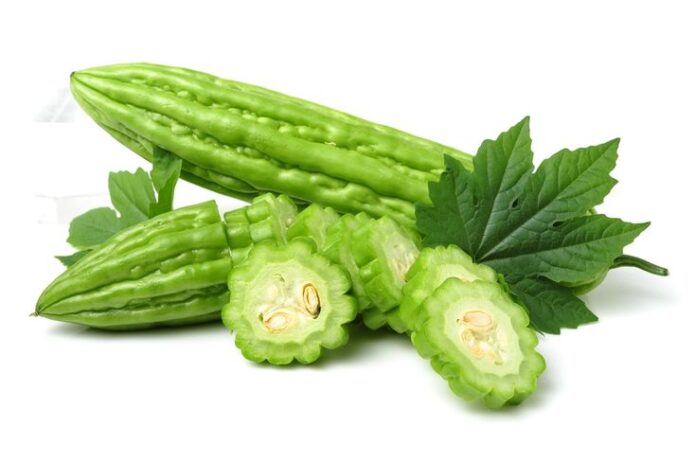Sri Lankan health experts have issued a stark warning to patients, urging them not to rely on bitter melon as a cancer treatment. This caution follows the circulation of a false claim on social media that this tropical vine is a “proven cure” for cancer. While studies have suggested that bitter melon may possess anti-cancer properties, oncologists have emphasized to AFP that there is no substantial scientific evidence supporting its efficacy as a treatment for the disease. They have also cautioned against abandoning established therapies in favor of untested remedies.
A Facebook post in Sinhala language, published on September 9, 2023, asserts, “Bitter melon can destroy cancer cells. Cut two or three slices and place them in a glass. Pour warm water on them. Drink that water at least once a day.” The post goes on to claim that this process releases an anti-carcinogenic compound used in alternative cancer treatments. It further states that warm bitter melon water has demonstrated effectiveness against tumors while selectively targeting cancer cells without harming healthy ones. The post cites a doctor at a military hospital in China as vouching for this treatment, urging readers to share the information to save lives.
Although some studies have suggested that bitter melon might possess anti-cancer properties, medical experts caution that robust scientific evidence confirming its effectiveness as a treatment is lacking.
Dr. Sandani Wijerathne, a senior oncological surgeon and member of the Sri Lanka College of Oncologists, emphasized the need for credible clinical studies to validate claims of medical benefits associated with bitter melon. She stated, “There is no scientific evidence to prove its efficacy as a treatment for cancer. This is extremely misleading information that should not be shared.”
Dr. Aruna Jayasekara, the director of Sri Lanka’s National Cancer Institute, echoed these concerns, highlighting the potential harm such medical misinformation can cause to patients. He cautioned against considering random information as genuine, stressing that abandoning established treatment regimens for unproven remedies could have adverse consequences, especially for individuals diagnosed with cancer.
While certain studies have hinted at the potential anti-cancer properties of bitter melon, experts like Dr. L. P. A. Karunathilake, a senior lecturer of indigenous medicine at the University of Colombo, find the notion that a single herb or fruit can cure cancer misleading. He explained, “While bitter gourd is vastly beneficial for health and is prescribed for patients with various diagnoses, including diabetes, it has not been used in this form for cancer treatments.”
A 2017 study published in the U.S. government’s National Library of Medicine also emphasized the need for more research to establish any potential benefits for cancer patients. The research, which refers to Momordica charantia (bitter melon) as “MC,” stated, “Although MC exhibits multi-targeted activity against several cancers in animal models, systematic clinical studies are needed to establish the anti-cancer effects in patients with cancer.”
In 2020, AFP debunked a similar claim related to bitter melon and cancer treatment that had circulated in Thailand.
This latest warning from Sri Lankan health experts serves as a crucial reminder that medical decisions should be based on rigorous scientific evidence and guidance from qualified healthcare professionals. While natural remedies and alternative treatments may hold promise, they must undergo comprehensive research and validation before being considered viable options for cancer care.


